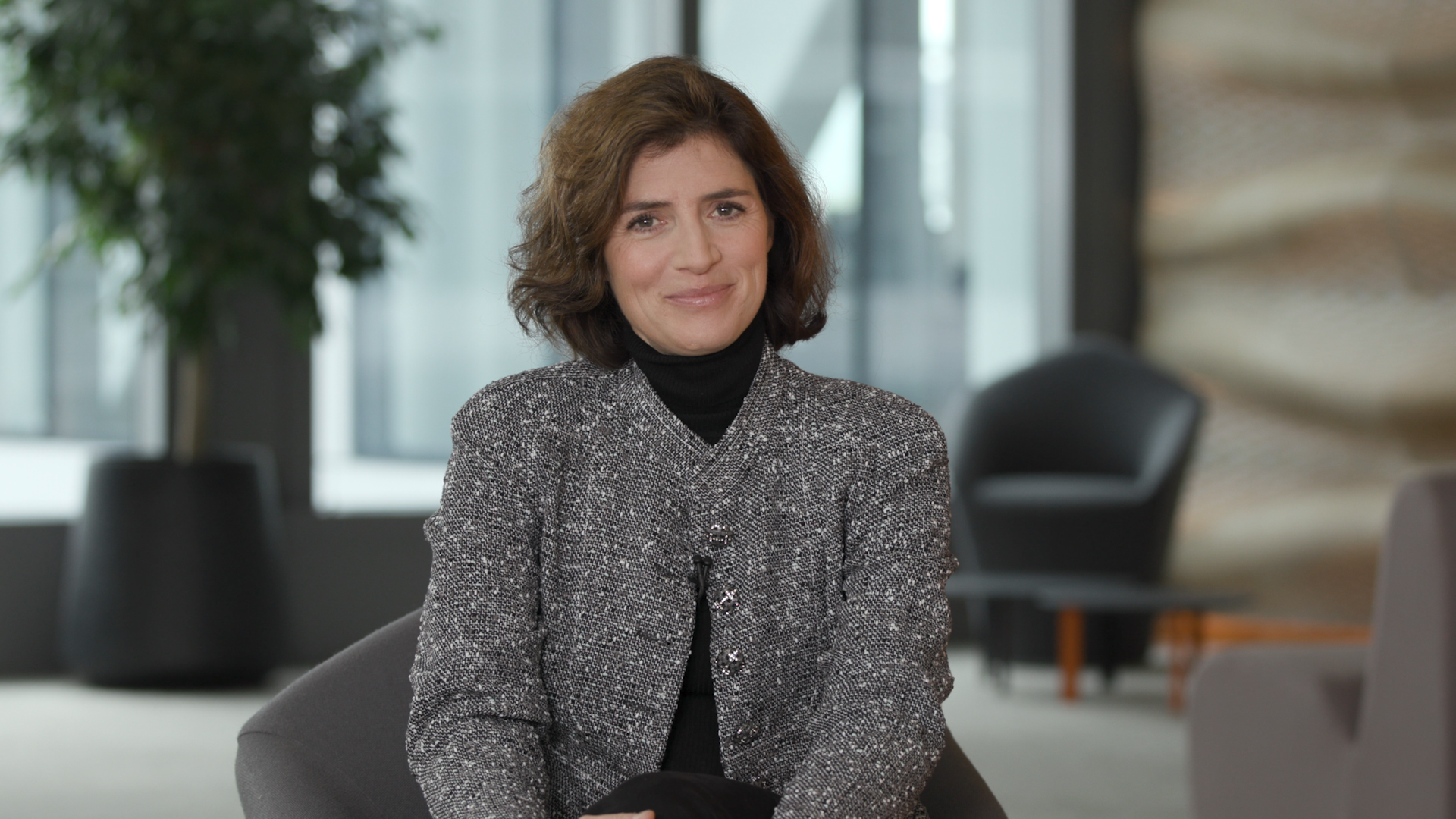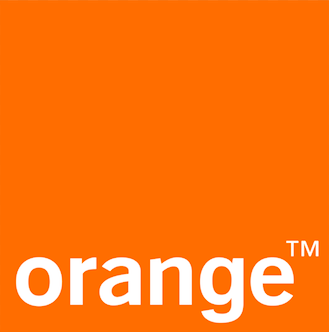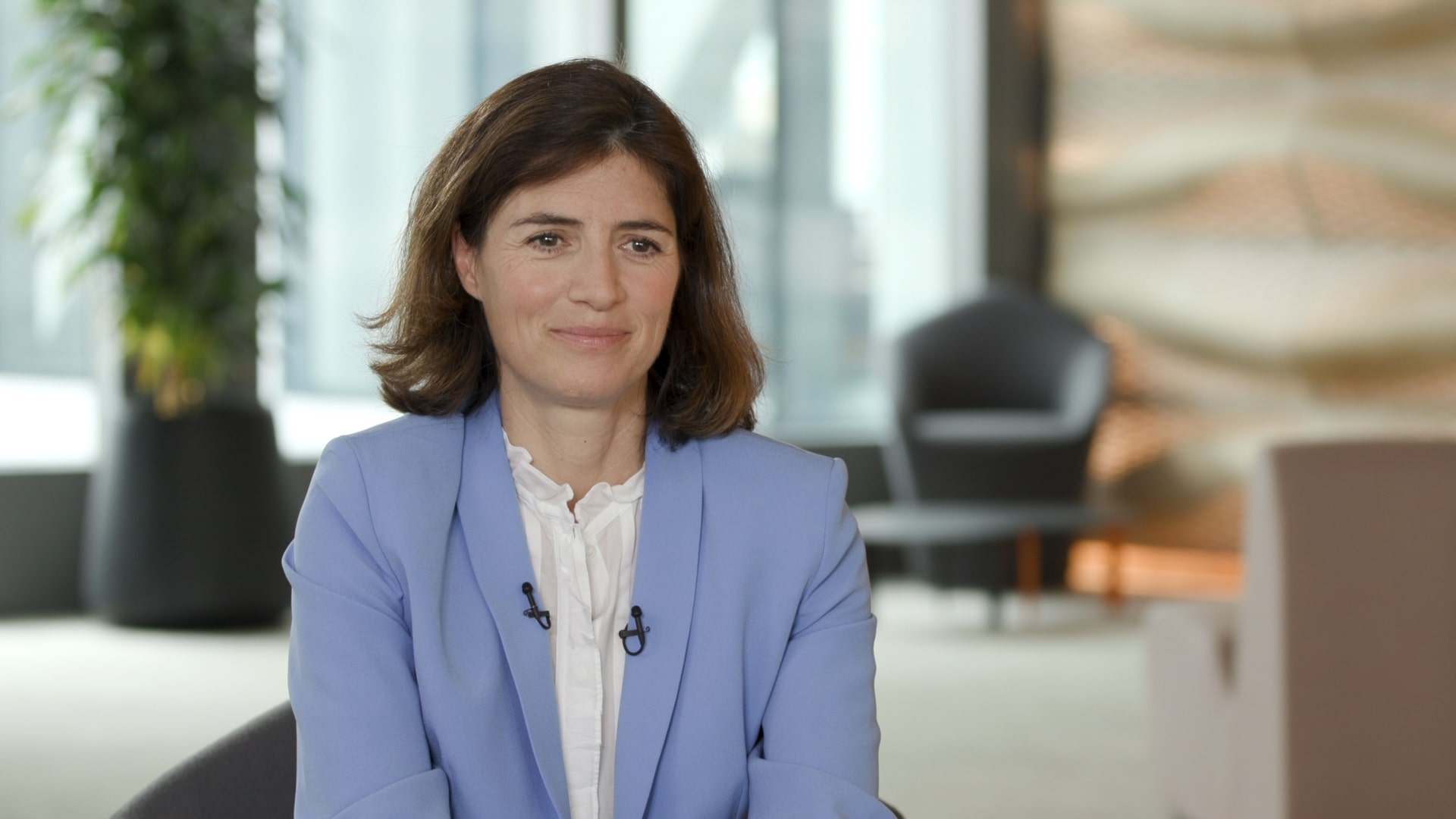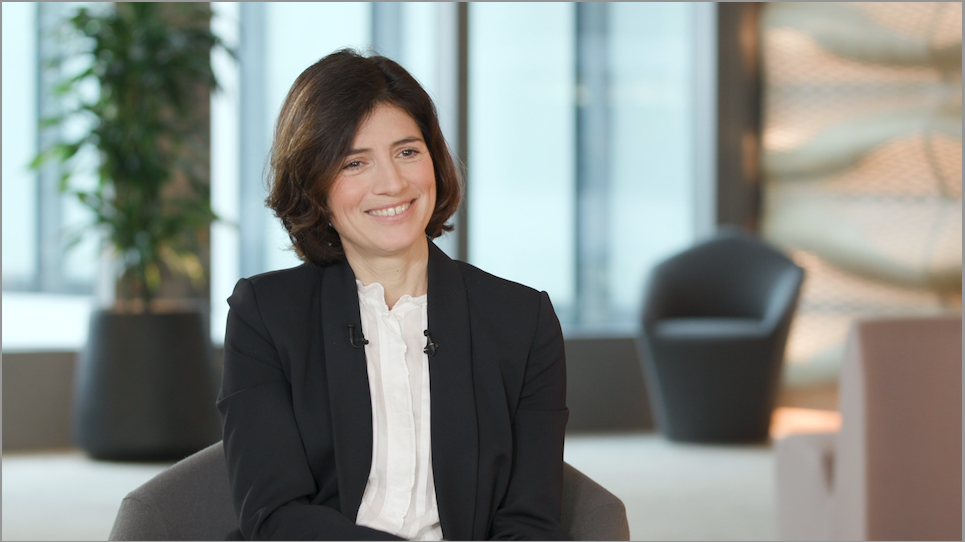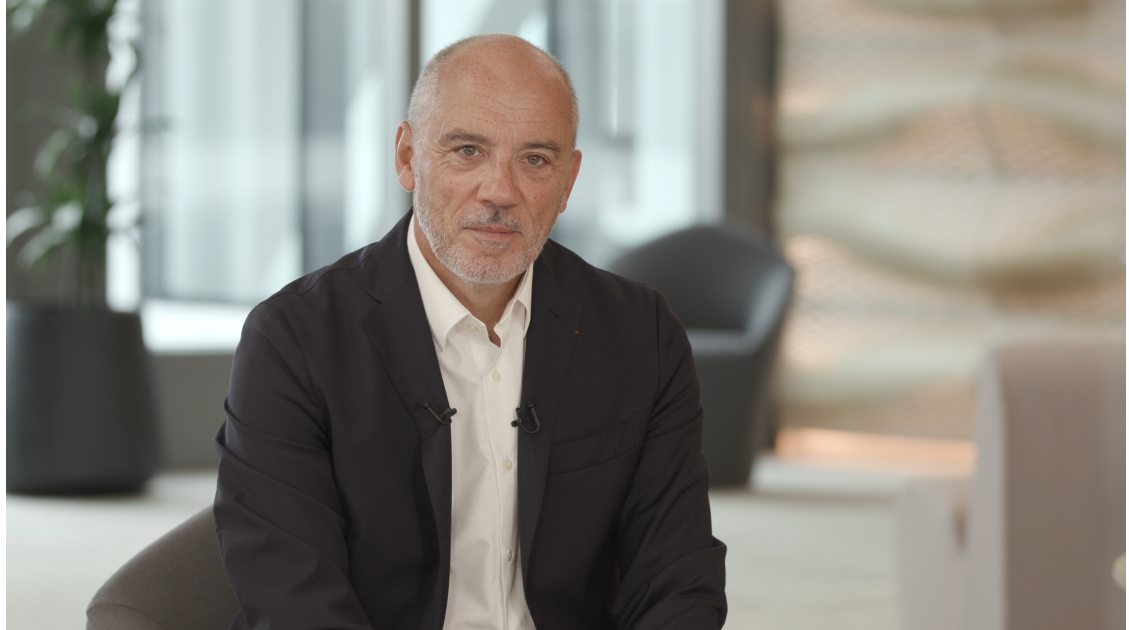EBM : Hello, Stéphane Richard.
Stéphane Richard: Hello, Ingrid.
EBM: Thank you for agreeing to hold this interview in line with COVID-19 protocols.
Stéphane Richard: Of course. That’s very important.
EBM: As the Chairman and CEO of Orange, you have just presented your Q2 earnings at a time when the world is slowly emerging from the COVID-19 crisis. The results are very satisfactory overall, with the possible exception of Spain. Could we start by reviewing the operational highlights for the period?
Stéphane Richard: It’s true that, overall, our operating results are very strong. I feel that the Orange group has performed extremely well on the commercial front. This performance is testament to our resilience and, I think, to our ability to bounce back—although we all know the crisis is far from over.
If I may, I’d like to talk first about our major success stories in Q2 and the first half of the year before turning to Spain, which is the only market where we’re experiencing genuine operational difficulties.
I cannot overstate the strength of our commercial performance in France. One reason for this is a sharp year-on-year increase in fiber net adds, likely due in part to the COVID-19 pandemic. But mobile net adds also held up well despite aggressive promotions by our competitors.
Across Europe as a whole, we’ve seen a quite remarkable turnaround in mobile net adds, coupled with a return to strong growth in our fiber business.
In Africa & Middle East, we posted record revenue growth of 14%. Revenue from retail services was up +16% in Q2 on the back of double-digit growth (actually +10%) in Q1.
At OBS, our Enterprise business, revenue was up by more than +2%. That’s a six-fold improvement on Q1, due primarily to advances in IT and integration services, which both recorded growth in excess of +10%. Cloud services and Cyberdefense, which now account for 40% of total revenues, put in a particularly strong showing. And we already have close to a million 5G customers, with services available in six European countries.
EBM: Do you have any country-specific comments to add?
Stéphane Richard: Yes, we can’t overlook the situation in Spain, which I’d say is definitely our most challenging market. We had to revise our forecasts to account for stiffer competition and tougher macroeconomic conditions caused by the COVID-19 crisis. After the downward revision in our outlook, we made the difficult but necessary decision to write down €3.7 billion in goodwill on Orange Spain. I should stress that this was an accounting exercise with no cash impact. It’s because of this impairment, which covers all the downside risks identified in our business plan, that we’re reporting a half-year net loss of €2.6 billion. To be absolutely clear, this is not a cash outflow. It’s merely an adjustment to our accounts.
But as you know, a new leadership team took the helm of our Spanish business almost a year ago, headed by Jean-François Fallacher. The team has been extremely busy overhauling Orange Spain’s pricing strategy for retail and business customers, revamping its marketing and internal processes, and making some significant changes to its cost structure. It’s very much a work in progress. We always knew it would take time to get the business back on track. There’s still a long and difficult path ahead, but we’re proceeding extremely carefully.
I should say that the situation in Spain isn’t all bad news. Let me give you some important background information.
First, Orange acquired spectrum assets in the 700MHz frequency band following the auction that took place a few days ago. This purchase, which was agreed on excellent financial terms, is vital for our long-term future. When you consider what’s happened elsewhere in Europe, this development is worth highlighting because it shows that we’re right to be confident about the medium-term outlook for our Spanish business.
Second, we enjoy strong backing from the Spanish authorities. The government has opted to channel a large share of EU recovery fund money into the telecoms sector, and has introduced tax incentives and other measures because it recognizes that the industry needs support right now, and it’s determined to make that happen.
I’ve had several meetings with the prime minister and other senior figures in recent months, and my sense is that the authorities are very much on our side.
I want to emphasize that, Spain aside, this release paints an extremely positive picture.
Our performance in Africa & Middle East is remarkable. Likewise, the sharp uptick in revenue at OBS points to a stable growth outlook, giving us absolute confidence in our guidance for this year and beyond.
Moreover, taken together, these strong showings in Europe (excluding Spain), at OBS, and in Africa & Middle East more than offset the challenging conditions in Spain.
EBM: Could you shed light on EBITDAaL, which declined only slightly (-0.4%)?
Stéphane Richard: Yes, EBITDAaL was down very slightly as anticipated, at -0.4%, for Q2 and for the half-year as a whole. Of course, this marginal decline in the headline figure paints an apparently stable picture. But it masks several opposing developments.
On the positive side, Africa & Middle East posted record EBITDAaL growth of +17%, which is a remarkable performance, never attained before.
I should also stress that, excluding Spain, EBITDAaL grew by close to +5% in Europe. So, all our European operations are on a solid and profitable trajectory.
Pulling in the opposite direction we have France, where EBITDAaL edged down by just over -2%. This contraction was largely driven by a base effect. You may recall that we received substantial co-financing for our fiber rollout in 2020, which explains this modest year-on-year fall in France.
In Spain, unsurprisingly, the decline was much steeper at -16%. The reasons are twofold. First, we have the macroeconomic fallout from the COVID-19 crisis, which hit Spain especially hard. Second, and more importantly, we revised our pricing policy in summer 2020. The move has paid off commercially, but it’s obviously weighed on both EBITDAaL and ARPU.
Overall, strong EBITDAaL growth in Africa & Middle East and other European markets is offsetting the cyclical downswings we’re seeing in Spain and, to a lesser extent, in France because of the base effect I just mentioned.
At OBS, EBITDAaL was down slightly over the half-year, at -0.5%, but was up sharply relative to year-end 2020. Our Enterprise business bore the brunt of the pandemic, recording a contraction of -15% for 2020 as a whole. But now, it’s safe to say that OBS is back on track toward profitability.
Finally, I want to mention Orange Bank, which made a higher contribution to Group EBITDAaL in Q2 as it grew its net banking income. Our efforts are starting to pay off and our messaging is resonating. We expect this upward trend to continue through to end-2024, which remains our target break-even point for the bank.
EBM: You drew attention to your infrastructure strategy. Are there any specific points you wish to comment on?
Stéphane Richard: Yes, as you know, infrastructure is a cornerstone of our Engage 2025 plan. It’s an area where we’re pulling out all the stops. Thanks to our extensive investment in mobile and fixed infrastructure over the years, we now find ourselves in a position that none of our European competitors can rival.
We’re by far the largest fiber operator in Europe, and our mobile infrastructure is unparalleled. It’s a deliberate strategy that we believe in wholeheartedly. Over the past decade, we’ve invested €13 billion in our European infrastructure and, as a result, we’re the undisputed leader in fiber to the home (FTTH). To give you an idea, we currently have over 38 million connectable households with FTTH lines. Telefónica is our closest European rival, reaching 26 million households in Spain—by far its biggest market—and fewer than 7 million in Germany. So as you can see, we’re well clear of the rest of the field.
And with the exception of Telefónica in Spain, fiber-related CAPEX will remain an uphill struggle for all our European competitors. That much is certain. But at Orange, we’re already past the peak and we expect to bring our CAPEX-to-revenue ratio down to 15%, which is standard for our industry, by end-2023.
This investment is now paying dividends for our business, our shareholders, and all our stakeholders.
First through wholesale for which, I believe, we have shown that a decline can now be expected in wholesale revenues in France between 2021 and 2025, a decline of around €1.2 billion. The decline will only appear very gradually, much less abruptly than what the market may fear, and with an impact on EBITDAaL which will be limited because there is a large portion of wholesale revenues that generates very little EBITDAaL. Therefore, we estimate the impact on EBITDAaL over a relatively long period will be around €500 million.
Make no mistake, we are also benefiting from fiber in retail, because this technology obviously boosts the remarkable level of net sales quarter after quarter. The trend in convergent ARPO also continues to improve every quarter. We can clearly see that the bet made, the investment in fiber infrastructure, is a tremendous source of value creation for Orange.
With regard to infrastructure, I would like to highlight the Group’s proven financial flexibility and its pragmatism in infrastructure management. Here are a few examples.
In France we sold 50% of usage rights for an asset that we do not own, through the Orange Concessions transaction. This superb deal values usage rights remarkably well.
Another example is Poland, where we sold 50% of Orange’s FTTH network, but where a large number of FTTH plugs are still to be deployed. This transaction will help us accelerate fiber rollout at a very reasonable CAPEX cost for Orange.
In Spain we opted for yet another approach, which is streamlined financing through leasing.
As you can see, we use all available means. In infrastructure, our objective is to have the largest network with the highest quality possible, by using all financial instruments at our disposal.
Finally, there’s the mobile network with the creation of TOTEM, which was announced at the end of 2019 and is now operational, our European TowerCo.
Just as for the fixed sector, in the mobile sector we will be extremely pragmatic in how we finance growth. This can include equity deals done by raising capital via capital markets or privately. It can also be through standard financing. The key for infrastructure is to look for value and practicality.
EBM: You have mentioned certain growth drivers. What other messages would you like to get across?
Stéphane Richard: During this results publication we plan to host a session dedicated to our growth drivers. This may help investors and markets to better understand how Orange has positioned itself in recent years in a number of very powerful growth drivers. We’ll focus on how OBS helps companies with their digital transformation in a context of independence, and with the rise of cyber risks through cybersecurity. In more geographic terms we’ll look at Africa & Middle East, which have spectacular growth potential.
We’ll also illustrate the solidity of the growth drivers. I believe in our capacity and determination to achieve leading positions in these segments, whether Africa & Middle East, or all business lines which promote digital transformation and cybersecurity..
This will be an opportunity to explain in greater detail the business models of these cyber activities, business services, and Africa & Middle East. We will explain how through choices made in recent years we have risen to a prominent position in these markets, and how we intend to build and accelerate value creation and cash flow by 2023.
This will allow us to show that there is every reason to have confidence in the developments announced for 2023, despite economic challenges that may arise in a given country.
Here are a few examples: Africa & Middle East are committed to double-digit annual growth in EBITDAaL by 2023.
OBS (our Enterprise business) is committed to annual revenue growth of 2% by 2023. Orange Cyberdefense (cybersecurity) aims to outperform market growth, which is expected to reach double-digits. We see very nice growth drivers there.
Finally, there is Europe, including Spain, which illustrates how our European operations overall are of the highest quality and compensate for the difficulties that might arise in a given country. Our entire European footprint is therefore committed to annual revenue growth of around 2% by 2023, including Spain.
As you can see, all drivers are full speed ahead and will enable the Group to continue its steady growth in revenues and EBITDAaL. We forecast that these growth drivers alone, not taking into account the rest of our activities, will contribute more than €2 billion to revenue growth and around €1 billion to EBITDAaL growth between 2020 and 2023.
EBM: What about cash flow guidance? There too you seem very confident, with the same 2023 horizon.
Stéphane Richard: Yes, we are confident indeed. By the way, H1 2021 revenues reinforce our confidence. Our organic cash flow is up very sharply compared with last year.
I would like to stress that impairment of the asset value of Spain has no impact on cash. This is very important, and I am convinced that in Spain today we have everything needed to turn operations and results around, even though it’s taking a little longer than we imagined at the beginning. In any case, we’re off to a great start and the teams are working brilliantly. For me, Spain is not a problem in the medium term. I am convinced that we have brought together all the elements needed for recovery. Moreover, I believe that in general we have identified risks, and naturally there are risks in our business lines. There are other headwinds too, but our high-quality management teams at headquarters and in key countries will help us overcome them. Throughout this period, including the health crisis, we launched our Scale Up plan. This aggressive, ambitious plan aims to lower Orange’s indirect cost base by €1 billion by 2023. A huge amount of work was undertaken by a dedicated team bringing together the Group’s driving forces. Scale Up is off to a good start and will deliver.
With regard to CAPEX, it came in as expected. In 2022 it will begin to fall. This was, I believe, a very important point for the market. Lining up these elements we have transformation efforts, Scale Up, CAPEX under control, quality management teams, and growth potential. I am very comfortable reiterating our organic cash flow target of between €3.5 billion and €4 billion by 2023.
EBM: A final word?
Stéphane Richard: I really believe that the last 12 months, which were extraordinary worldwide, provided proof of Orange’s exceptional capacity for adaptation. Sometimes we are criticized for a kind of inflexibility which is also related to our past. I believe we have shown clearly that this is no longer the reality. We were able to adapt very quickly.
I believe that we are coming out of this period much stronger, which was not easy for us or for anyone. Stronger because we were able to review a certain number of methods, even aspects of organization, and to move on some projects which needed to go faster. I believe we are stronger today than we were at the beginning of the health crisis. Furthermore, we are ready and more determined than ever to reap the rewards of the considerable investments made in recent years in our networks and infrastructures. This is due to the support of our shareholders, whom I would like to thank. I believe we have laid the foundation for future growth, and that is what is important.
During the first half we also reset the counters to zero in Spain. That explains the impairment. I think we can say that all other Group business units performed exceptionally well and are on their way to growth, whether revenue or EBITDAaL. That is what counts, and the bets we made with our growth drivers OBS, OCD, cybersecurity, and Africa & Middle East have turned out to be winners.
Finally, we continue – it is important to say it again – our efforts to continually adapt our cost structure. That is the goal of the Scale Up program, which about I spoke about earlier. We continue to tighten our disciplined CAPEX allocation, also an extremely important point. It is vital to ensure that our CAPEX decisions create value. The combined total of these elements allows us to reaffirm our guidance for 2023 with serenity and confidence.
EBM: Thank you Stéphane Richard for this review of your Q2 2021 results.
Stéphane Richard: Thank you Ingrid and, if I may, thanks to all our shareholders and investors. They are right to continue to place their trust in us.

